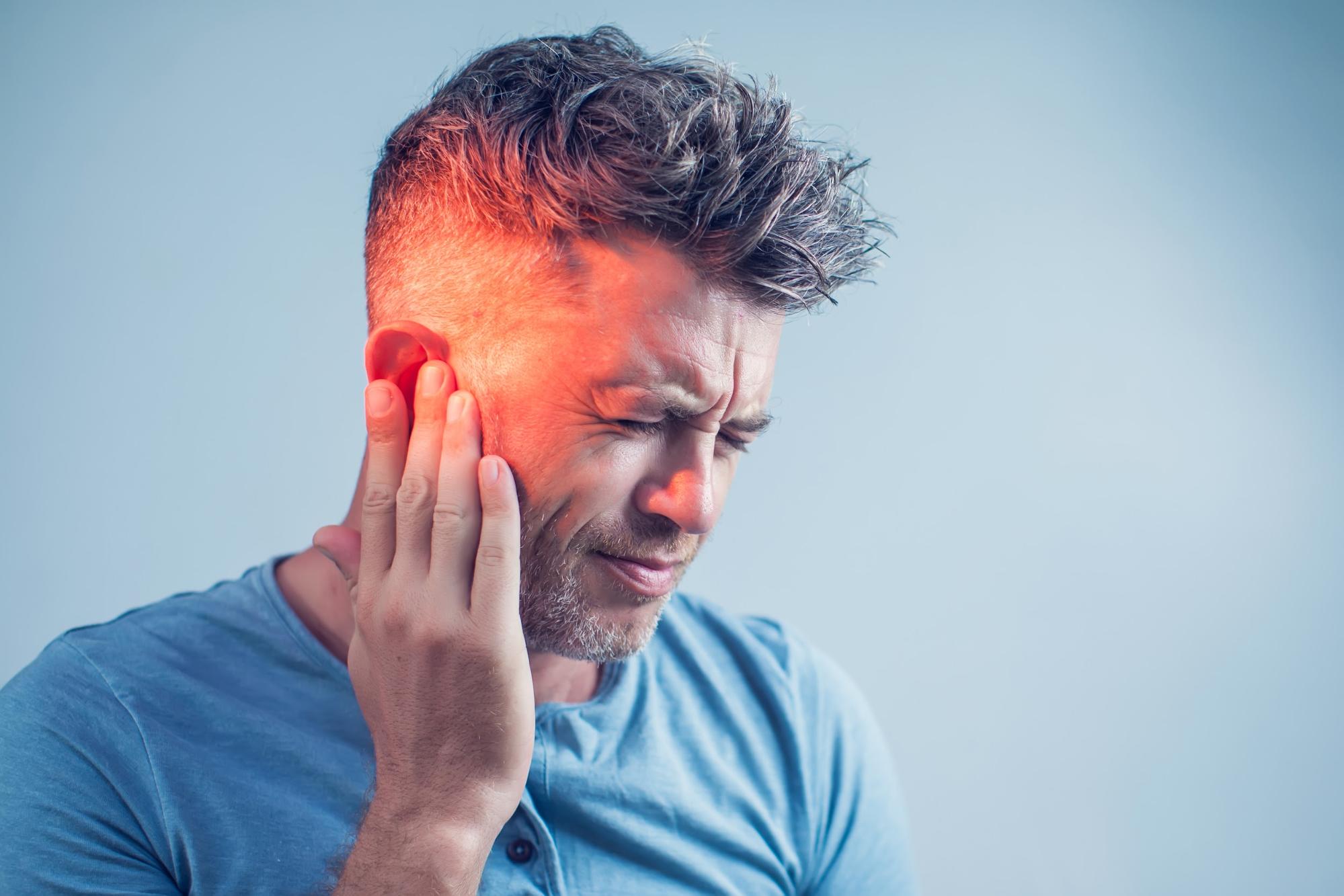Does Hearing Loss Affect Each Ear Differently?

Hearing loss often affects both ears to the same degree, known as bilateral hearing loss. However, you can have hearing loss in one ear only, which is known as unilateral hearing loss.
You can have unilateral hearing loss with the unaffected ear completely normal, or asymmetrical hearing loss, when both ears are affected, but one is worse than the other.
Although it’s commonly believed that you can only get hearing loss when you are older, that is not the case. Anyone can get hearing loss at any age, depending on noise exposure, environmental factors and genetics.
How Does Your Hearing Work?
Ears comprise three parts: The outer, middle and inner ear, which play critical roles in hearing.
The outer ear comprises the pinna, ear canal and eardrum. Behind the eardrum is the middle ear, which is home to three tiny bones that vibrate and transfer sound to the inner ear or hearing organ (cochlea).
When we hear a sound, the sound waves travel through the ear canal, which causes the eardrum to move and set the tiny bones into motion. The bones vibrate and transmit the sounds you hear to the inner ear, which stimulates a particular area of the cochlea.
Nerves connected to the cochlea then send the message to the brain, where the sounds are interpreted and understood.
What Are The Types of Hearing Loss?
Unilateral hearing loss occurs when only one ear is affected by hearing loss.
Conductive hearing loss occurs when there has been damage to the outer or middle ear. This type of hearing loss can be temporary or permanent. Conductive hearing loss is usually caused by an ear infection, perforation of the eardrum or issues related to the ear canal or bones in the middle ear.
Sensorineural hearing loss results from damage to the inner ear and is usually permanent as our bodies cannot regenerate the hair cells in the cochlea. Ageing and noise exposure are the most common causes of sensorineural hearing loss.

What Causes Unilateral Hearing Loss?
Below are the six most common causes of unilateral hearing loss:
Ear infections
Ear infections can be bacterial, viral or fungal. They can be caused by water trapped in the ears from swimming, from having a cold or a sinus infection.
Infections can affect one or both ears and cause temporary hearing loss when the ear is blocked, preventing sounds from travelling through.
Common ear infection symptoms include
- A dull ache or sharp pain
- Smelly discharge
- A blocked feeling in the ears
If you suspect you or your child has an ear infection, it’s crucial to visit your GP as soon as possible.
An untreated ear infection or recurring infections can erode the bone of the ear canal and eardrum, resulting in irreversible damage and permanent conductive hearing loss.
Genetics
Babies can be born with hearing loss or a genetic disease that can cause hearing loss as they get older.
Congenital hearing loss is commonly sensorineural. Babies can be born with unilateral hearing loss due to mumps, meningitis, measles and other pregnancy/birth complications.
Age
Just like the rest of the body, over time, the cells in the cochlea will undergo wear and tear and eventually perish. Unfortunately, there is no way the body can regenerate these hair cells, so it’s so important to protect your hearing.
Deterioration in hearing is most noticeable in people over the age of 60. It’s a gradual sensorineural deterioration that often affects both ears equally, but one ear can be worse than the other.
Noise exposure
Listening to loud noise/music for an extended period will damage the hearing organ and cause sensorineural hearing loss.
Since this damage is gradual and noticeable straight away, you must always protect your ears. Especially if you work around loud noises every day.
It’s common for noise-induced hearing loss to affect both ears equally. However, it is also possible for one ear to be worse than the other.
Head trauma
Head injuries can affect any part of the ear. The damage can cause hearing loss to one or both ears, depending on where it occurs.
It’s essential to wear proper head protection, especially if you work on a construction site, ride a motorbike or participate in extreme sports.
Acoustic neuroma
This is a type of tumour that grows on the hearing nerve. Some of the most common symptoms of acoustic neuroma include
If you suddenly feel a decline in your hearing and you have some of these symptoms, visit your nearest audiology clinic as soon as possible.

Sudden Sensorineural Hearing Loss
Hearing loss can happen when you least expect it. Sudden sensorineural hearing loss usually affects one ear only, so if you feel that your hearing has significantly decreased, get it checked immediately.
The best way to find out what’s happened and seek treatment is to have your hearing tested. Sudden sensorineural hearing loss can be treated with steroids, most effective 72 hours from when you first notice the hearing loss.
Acting fast will increase your chances of recovering immensely.
What symptoms accompany unilateral hearing loss?
- Trouble locating the source of a sound
- Problems with understanding conversations in noisy environments
- Inability to filter out background noises
- In children, unilateral hearing loss may cause difficulty in performance at school
What to do Next?
Although bilateral hearing loss is most common, different situations and circumstances can lead to unilateral hearing loss. If you think you are suffering from hearing loss in one ear, it’s best to get your hearing tested to learn the nature of your hearing loss.
Prevention is always best, so when you are in loud environments, wear hearing protection and earplugs when swimming.
To book a hearing test at an Attune Hearing clinic near you, visit our website or contact us on 1300 736 702.